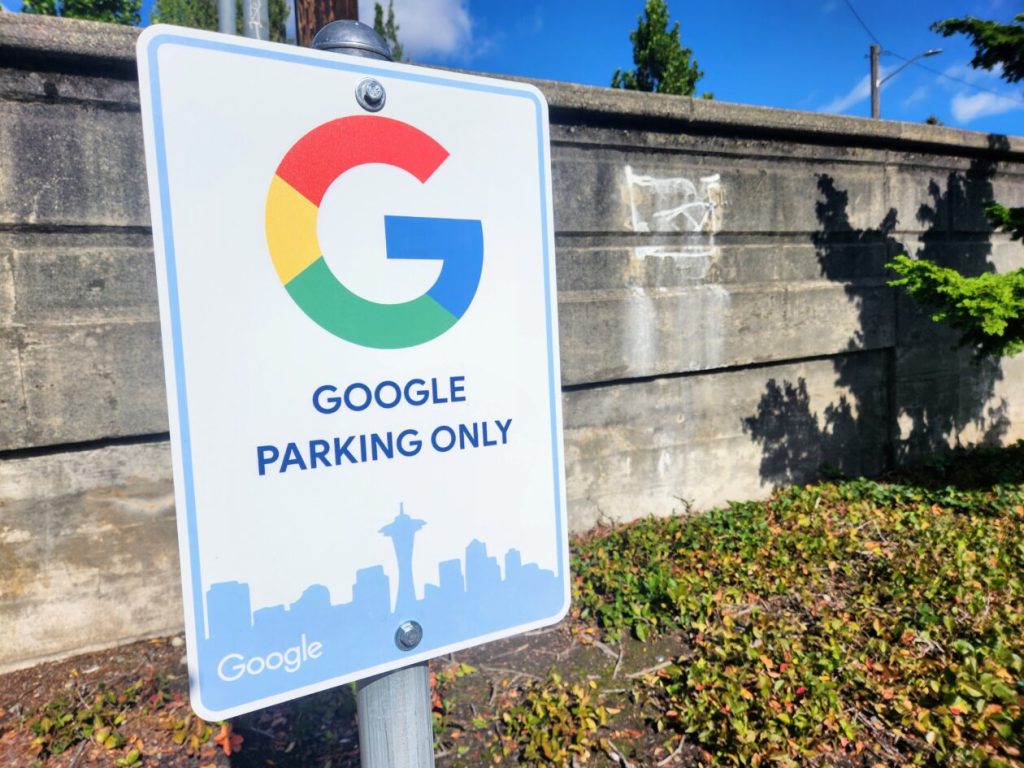Google’s Search Monopoly Faces Limits, But Microsoft’s Opportunity Remains Uncertain
In a landmark antitrust ruling that has reverberated throughout the tech industry, U.S. District Judge Amit P. Mehta has taken aim at Google’s search dominance without delivering the knockout blow many critics desired. The decision, which bars Google from exclusive search default contracts on browsers and smartphones, presents a potential opening for Microsoft’s Bing search engine—yet questions remain about whether this remedy will meaningfully alter the competitive landscape. Judge Mehta’s ruling specifically targets the lucrative arrangements that have cemented Google’s position, including the estimated $20 billion the company paid Apple in 2022 alone to remain Safari’s exclusive default search engine. “The evidence presented required no guesswork about the exclusive agreements’ impacts on competition—they ‘froze’ the search ecosystem in place,” Mehta wrote, acknowledging how these deals effectively locked out rivals like Microsoft while simultaneously discouraging potential competition from partners like Apple.
However, the judge stopped short of implementing the structural remedies sought by the Justice Department and state attorneys general, who had advocated for more drastic measures such as potentially breaking off Google’s Chrome browser or prohibiting the company’s multibillion-dollar default placement payments entirely. Instead, the ruling takes a more moderate approach: Google can still pay handsomely for default positioning, provided that partners remain free to preload or promote competing search engines as well. Additionally, Google must syndicate its organic search results and text advertisements to rivals for up to five years on “commercially reasonable terms”—a remedy that could theoretically allow Microsoft to leverage Google’s industry-leading index while building its own competitive capabilities.
The ruling has drawn significant criticism from legal experts, business leaders, and competitors who view it as insufficient to meaningfully challenge Google’s entrenched market power. Some industry analysts have described the decision as a “big whiff,” suggesting that while it creates new opportunities on paper, it does little to address the fundamental market dynamics and network effects that continue to benefit Google. The company still maintains tremendous financial resources to secure preferred placement and will likely retain significant advantages even under the new restrictions. In a notable historical parallel, Judge Mehta heavily referenced Microsoft’s own antitrust case from two decades ago as a guiding precedent, writing that “Like Microsoft before it, Google has thwarted true competition.” This reference established that antitrust enforcers need not prove that competitors would have thrived without illegal conduct—only that such conduct helped preserve monopoly power—while simultaneously steering the court away from more aggressive remedies like breaking up Google.
For Microsoft, the ruling presents a complex strategic question. In theory, the company could now secure Bing preloading on smartphones through new distribution deals while temporarily relying on syndicated Google results, using the associated data-sharing requirements to better train its own systems. The intention behind these remedies is to allow Microsoft to gradually build up the necessary volume of queries and user data to compete independently, rather than remaining permanently dependent on Google’s infrastructure. However, Microsoft has thus far declined to comment on the ruling or indicate whether it intends to pursue these potential advantages, suggesting possible hesitation about the practical value of the remedies or concerns about the substantial investment that would still be required to challenge Google’s dominance.
During the trial, Microsoft CEO Satya Nadella offered powerful testimony about the nearly insurmountable advantages Google enjoys through default placement agreements. “You get up in the morning, you brush your teeth and you search on Google,” Nadella told the court, vividly illustrating how deeply ingrained Google’s search engine has become in consumers’ daily routines. He described Microsoft as trapped in a “vicious cycle” where Google’s default positions generate more user data, which in turn improves its search quality, making it increasingly difficult for competitors to secure distribution deals—a fundamental challenge that the current ruling may not fully address. The stakes in this competitive battle extend beyond traditional search, as search technology serves as the foundation for emerging artificial intelligence systems, including Microsoft’s Copilot and Google’s various AI offerings.
The market’s immediate reaction suggests that investors view the ruling as favorable to Google, with the company’s shares rising more than 8% following the announcement. This response underscores the perception that while Judge Mehta’s decision imposes new restrictions on Google’s business practices, it leaves the company’s core search business and competitive advantages largely intact. For Microsoft and other potential competitors, the ruling creates a narrow pathway to challenge Google’s search dominance, but one that still requires navigating significant obstacles—including Google’s vast financial resources, technological advantages, and deeply established consumer habits. Whether this represents a meaningful turning point in the search market or merely a symbolic adjustment to the status quo remains to be seen, but for now, Google’s position as the dominant search provider appears secure, even as the legal constraints on how it maintains that position have tightened.














